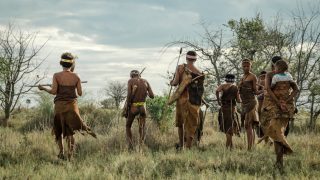
Personality traits and bullying behavior
Over the last decade, research has focused on studying predictive personality traits that may underlie bullying. Two such traits are self-esteem and narcissism. Self-esteem is associated with overall acceptance of oneself, feelings of worthiness and self-confidence. Low self-esteem has long been theorized to be a risk factor for aggression and antisocial behavior . Likewise, the […]








